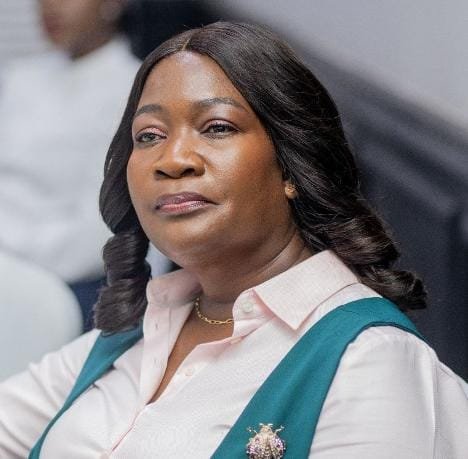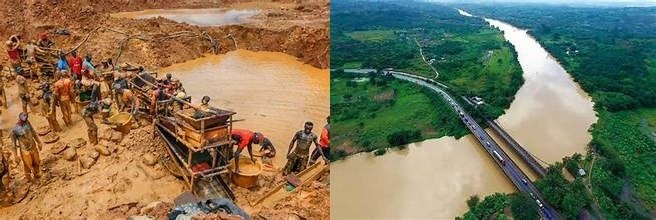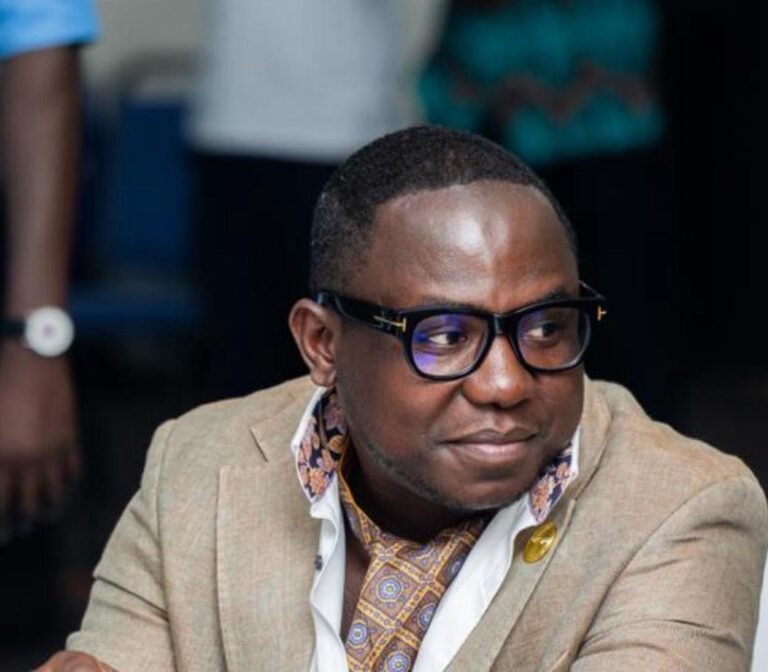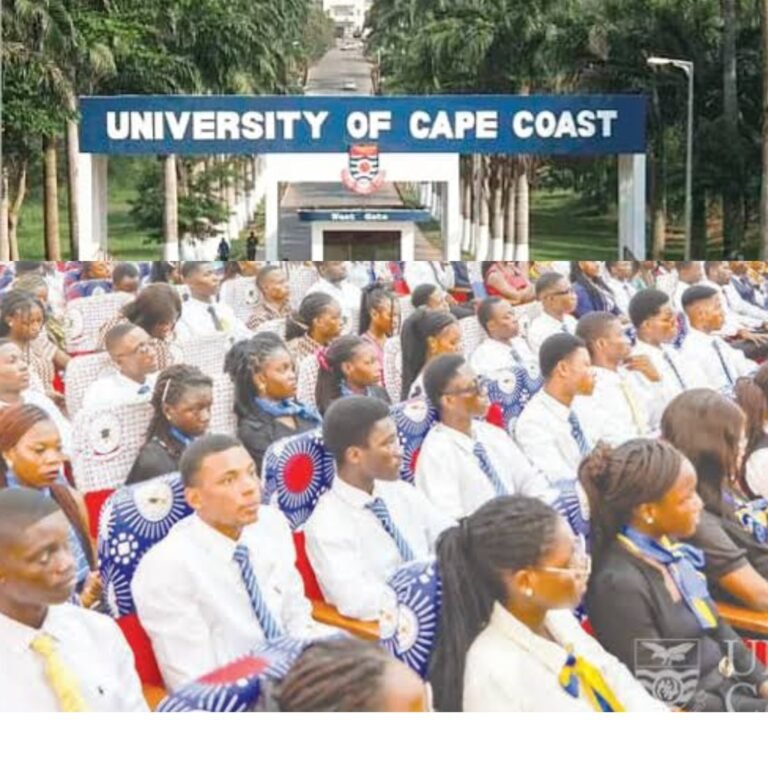
The writer
By Prof. Jeffrey Haynes
Ghanaians voted in their millions on Saturday, 7 December. The NPP, in power for the last eight years, was seeking an unprecedented third term. Determined to ‘break the 8’, the opposition NDC sought to prevent this happening. The current vice-president, Dr Mahamudu Bawumia, was up against the former president, Mr John Dramani Mahama. The race, it was said, was going to be close, too close to call.
In the event, it was a NDC landslide. Mr Mahama won the presidential race easily and clearly. Dr Bawumia, at an early stage, post-election, graciously accepted defeat, seeking to defuse any tensions which might have emerged if he had insisted on hanging on until all the results were known. Dr Bawumia’s statesman-like approach to defeat won him plaudits, and rightly so. He fought a good fight, but it was not enough.
Mr Mahama takes power in January 2025 with a clear mandate to rule. This is good, as a very tight, bitterly contested, race may not have been conducive to political and social security and stability. So, what now? How will Mr Mahama repay the faith in him which millions of Ghanaians showed by overwhelmingly electing him president?
It will not be easy. After 32 years of the Fourth Republic, flaws in the democratic regime are apparent, including what many judge to be an over-powerful presidency, a weak legislature, increasingly egregious corruption at the highest levels of society, rampant vote buying, and scepticism about the Electoral Commission’s capacity to oversee free and fair presidential and parliamentary election.
The relatively trouble-free ninth round of presidential and parliamentary elections cannot paper over the cracks in Ghana’s democracy; they are too glaring. What is going wrong? International observers claim that Ghana is a democratic backslider. According to the respected American non-governmental organisation, Freedom House, 2023 was the 17th consecutive year of decline in global freedom, implying widespread democratic degeneration. Ghana was one of the countries to experience democratic decline. Sweden’s Varieties of Democracy (‘V-Dem’) team found that the level of democracy now enjoyed by the average global citizen is down to 1986 levels. Ghana is one of the countries with many democratic disappointments.
Democratic decline
Democratic erosion is a global phenomenon, affecting nearly three-quarters of people in the world, not only Ghanaians. There is no consensus on the definition of democratic backsliding. Broadly, it means an incremental within-regime deterioration of qualities associated with democratic governance, as opposed to a full-blown regime transition to autocracy or a military coup d’état where democracy comes to an abrupt halt.
Democratic backsliding occurs when governments retain some democratic structures while also adopting illiberal practices, such as executive aggrandisement and media censorship. Regimes exhibiting characteristics of democratic backsliding employ sometimes subtle, often shrewd measures to constrain citizens’ civil liberties and political freedom.
Ghana is showing clear signs of democratic backsliding and it is essential that the trend is reversed. If it is not, Ghana will lose its hard-won reputation as a democratic leader in Africa.
Why does this matter? On the one hand, Ghanaians want to see their democratic rights and freedoms respected. On the other hand, global investors from the USA, Europe, China, Russia, Turkey and elsewhere, tend to invest in countries that are peaceful, stable and secure. Such countries are nearly always democracies. Ghana has in recent years seen considerable foreign investment because it is widely regarded as stable and secure, a functioning democracy.
Democratic renewal
What is to be done? There is no mileage to be gained in presuming that everything will be okay and that the democratic system that Ghana has enjoyed for more than three decades will somehow magically correct things under the rule of a new president. In Ghana, the habitual problem is that those who gain power by the ballot box have a vested interest in perpetuating the status quo: business as usual. But this is not a viable way forward.
Are Ghanaians prepared willingly and with docility to endure another four years of democratic and economic disappointments, including under the rule of a president who has enjoyed a landslide victory? Ghanaians know that jobs are scarce and the value of the cedi against the dollar is weak – meaning that essential imports priced in dollars are beyond the capacity of many ‘ordinary’ people to buy. Not that this affects the ability of wealthy people to buy what they want. Many Ghanaians see this as a sign that the system is not working well, equitably, or fairly.
Outcome
Ghana went to the polls on December 7. Many Ghanaians – a well as foreign friends of the country, such as this writer – breathed a sigh of relief when everything went off relatively smoothly. We hoped fervently for an orderly and disciplined electoral process and that there was a clearcut winner. Both expectations were met. But this is only the start of something, not its culmination.
The incoming president must urgently and with great purpose and determination address the egregious ills of the current democratic system, some of which are noted in this article. Not to do so risks Ghana going further down the road of democratic decline with consequences which are not pleasant to contemplate.
The writer is an Emeritus Professor of Politics at London Metropolitan University, UK, where he teaches courses on religion, politics, and international relations.







